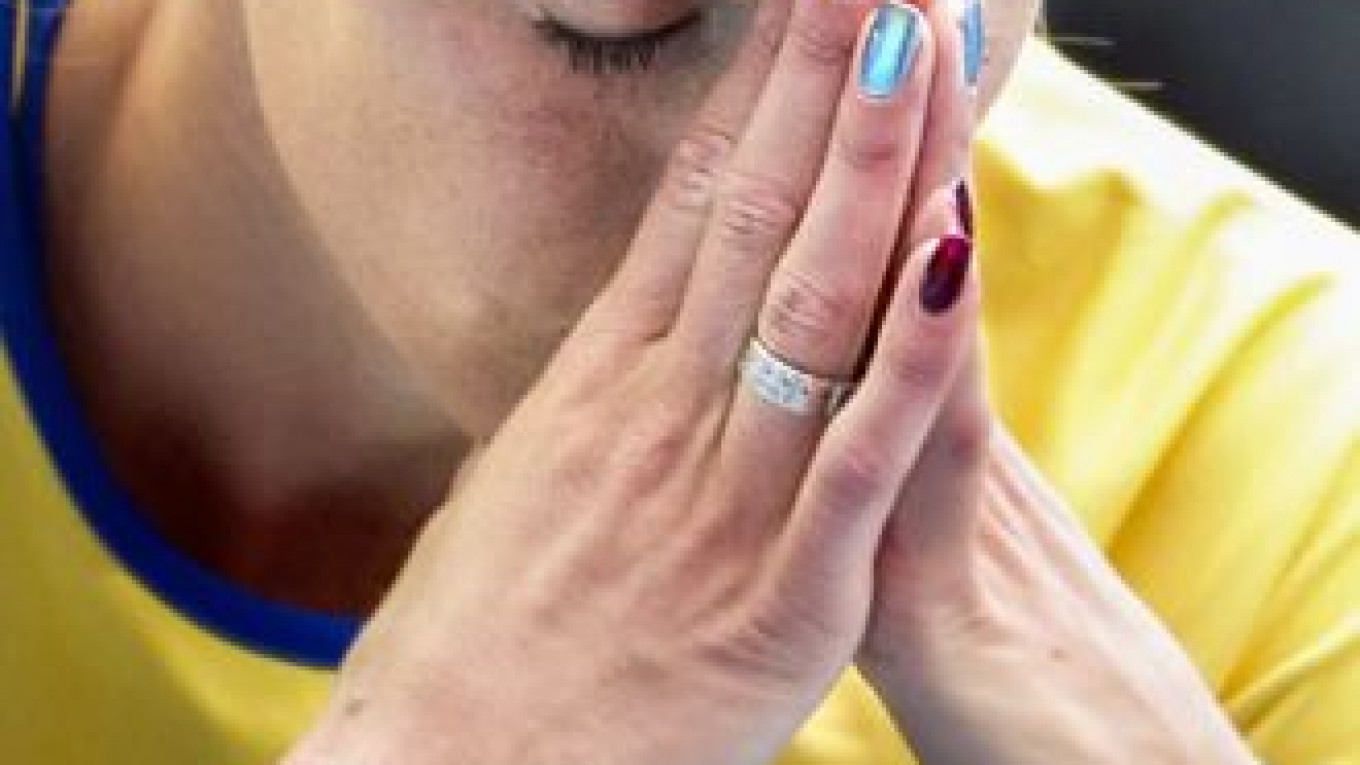Russian Sports Minister Vitaly Mutko said Sunday that the country's controversial anti-gay legislation is for the protection of its young generation, "whose psyche has not been formed," and lumped in the promotion of homosexuality with that of alcohol and drug abuse.
Mutko, who has emerged in recent weeks as one of Russia's spokespeople for how it plans to enact the law during the Sochi Olympics next February, smirked when asked about the subject at a closing news conference for the world athletics championships in Moscow.
"I've had to repeat this question numerous times and I should like to clarify once again, this law does not deprive any citizen of their rights, whether it's an athlete, a participant, an organizer or guests who may arrive in Russia," he said.
He said the law, which is threatening to derail a smooth Olympics for Russia amid international calls for boycott and protests, is for "the informational protection of the young generation."
The law bans the promotion of homosexuality to minors, though Russian officials have yet to clarify how, exactly, it might be enacted. Still, Russia's Interior Ministry confirmed last week that it would enforce the law, which many activists regard as an assault on free speech, in the Olympic host city next year.
The International Olympic Committee said last week that it was seeking clarification before issuing a formal statement on the law.
"We want to protect our young generation, whose psyche has not been formed," Mutko said at Luzhniki Stadium on the last day of the championships, which began August 10. "We want to protect them against the propaganda of drunkenness, drugs and non-traditional sexual relations. When they grow up and become adults, they have to define what they want for themselves."
The controversy has hovered over the world championships, with Russian pole vault great and reigning gold medalist Yelena Isinbayeva vehemently defending the law on Thursday only to say later her comments "may have been misunderstood."
Swedish high jumper Emma Green Tregaro garnered attention that day when she painted her fingernails rainbow colors in support of gay rights during qualification. She competed in the final two days later with red paint after Swedish athletics officials told her doing so again might be in violation of IAAF conduct.
A Message from The Moscow Times:
Dear readers,
We are facing unprecedented challenges. Russia's Prosecutor General's Office has designated The Moscow Times as an "undesirable" organization, criminalizing our work and putting our staff at risk of prosecution. This follows our earlier unjust labeling as a "foreign agent."
These actions are direct attempts to silence independent journalism in Russia. The authorities claim our work "discredits the decisions of the Russian leadership." We see things differently: we strive to provide accurate, unbiased reporting on Russia.
We, the journalists of The Moscow Times, refuse to be silenced. But to continue our work, we need your help.
Your support, no matter how small, makes a world of difference. If you can, please support us monthly starting from just $2. It's quick to set up, and every contribution makes a significant impact.
By supporting The Moscow Times, you're defending open, independent journalism in the face of repression. Thank you for standing with us.
Remind me later.






